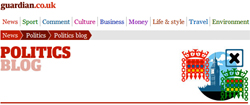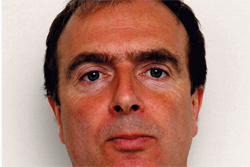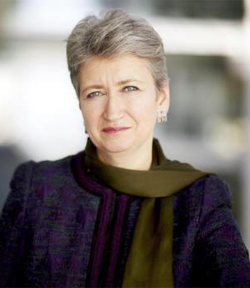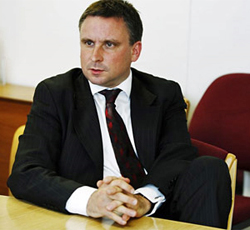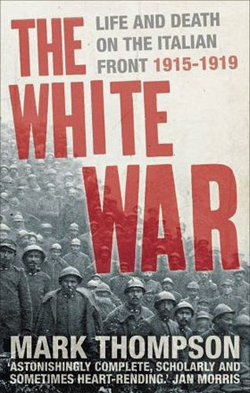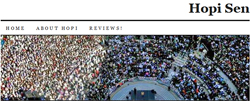
My name is Hopi Sen. Really.
Escaping a lucrative career in advertising (which ended when I saw a lifetime of Daz adverts stretching before me and resigned in panic) I started work for the Labour party as the Northern region press officer in 2000. After the 2001 election I moved to Party HQ, before becoming the head of campaigns at the Parliamentary Labour Party. I had various stints on by-elections and General Elections- like working as a press officer to the Leader of the party during the 2005 campaign, a job that mostly involved feeding journalists chocolate and offending Quentin Letts.
For six years I was one of those people who are occasionally glimpsed in the background of a photo-op, looking stressed in a cheap suit and in all likelihood sweating profusely. We’re a noble and maligned breed. Now I’ve escaped.
Submitted blogposts
- The triumph of the Tory Eurosceptics.
- Shannon Matthews, Family Breakdown and progressives.
- Fighting Back…
- That Cameron speech in Full
- The iconography of the angry rich man.
- Loving the whip.
- Cameron’s Neo-Hooverism
- 800 years or 42 days?
- Above all, try something.
- A progressive approach to Welfare reform?
Other links
- Hopi Sen
- Hopi Sen, Jo Glanville and Maajid Nawaz, ‘1984: Thoughtcrime’, Orwell Festival 2009
Shannon Matthews, Family Breakdown and progressives.
Fighting Back…
That Cameron speech in Full
The iconography of the angry rich man.
Loving the whip.
Cameron’s Neo-Hooverism
800 years or 42 days?
Above all, try something.
A progressive approach to Welfare reform?

